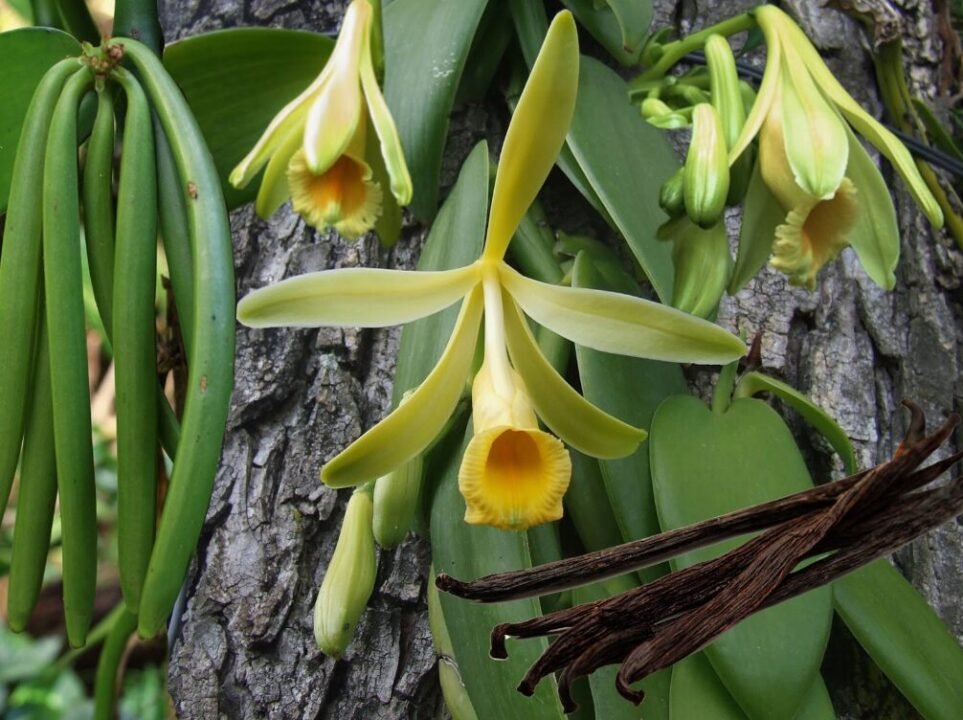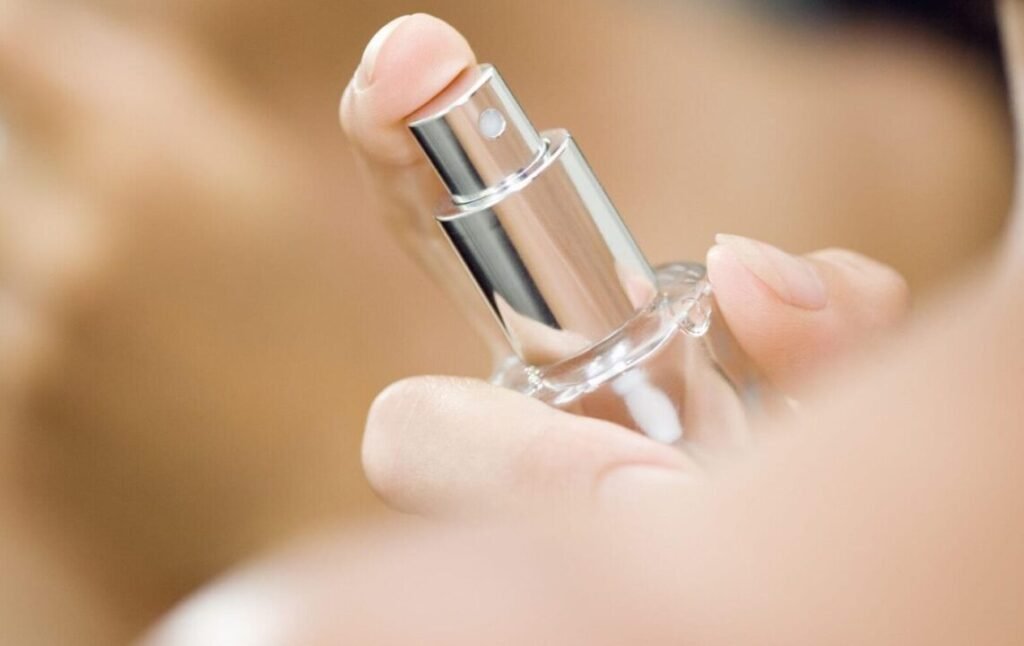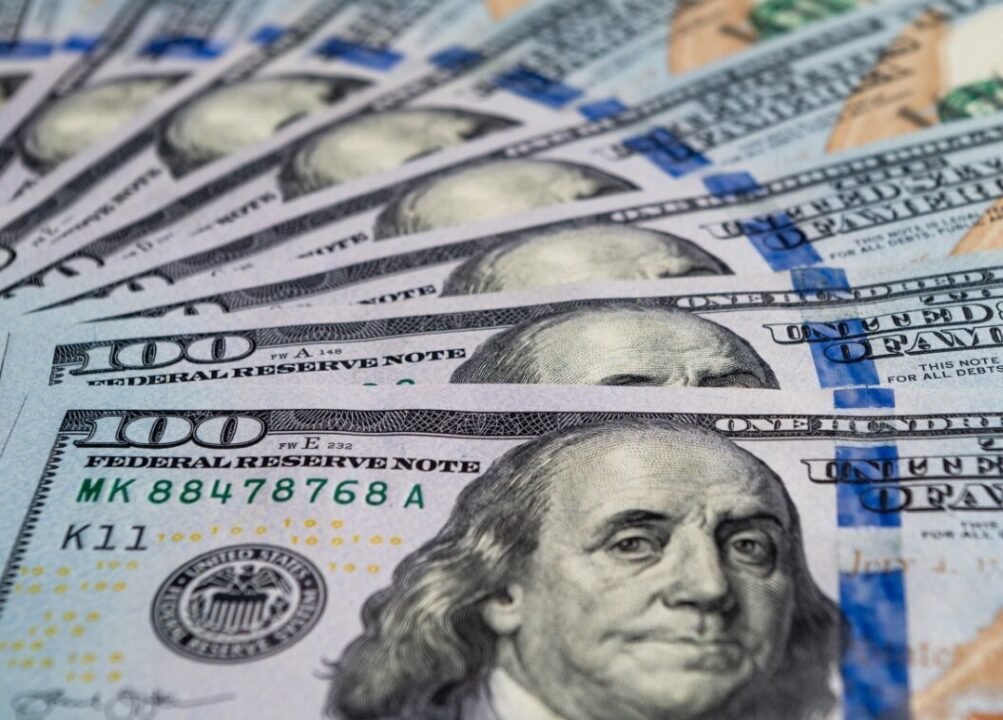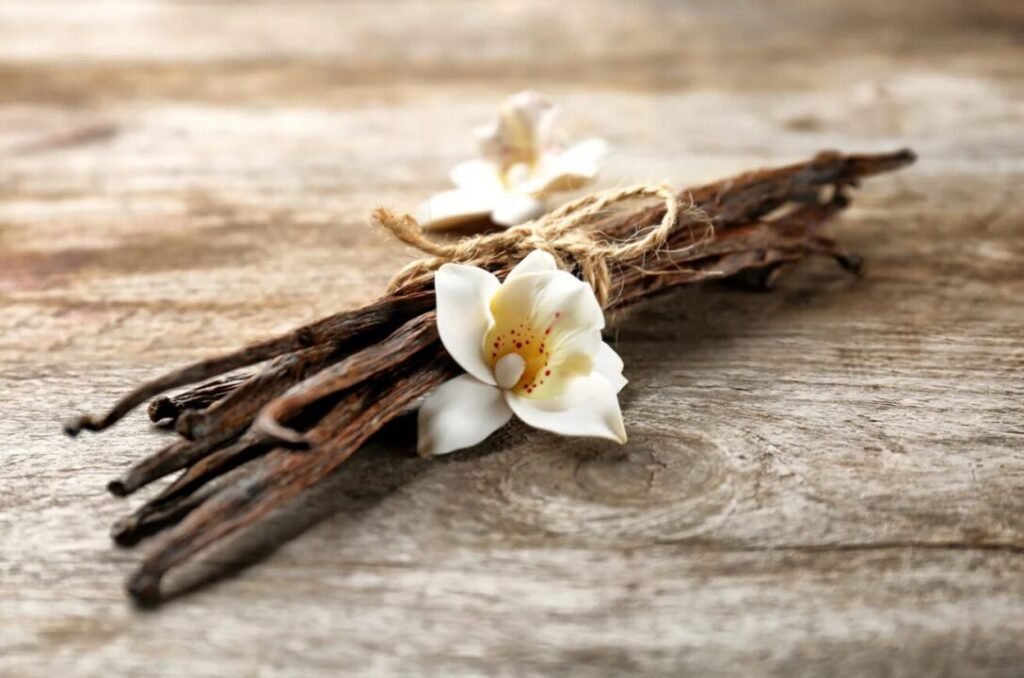6 Facts About Vanilla You Should Know
Explore the world of vanilla beyond its taste.
Originating from Mexico, vanilla cultivation demands meticulous hand-pollination. Its warm, sweet scent is coveted in perfumery and its antioxidants provide medicinal benefits.
Human intervention for pollination secures this industry’s future. Vanilla fraud threatens quality globally. Grading vanilla by quality influences the flavor. Embracing ethical farming practices is crucial for sustainability.
Learn how vanilla’s journey reveals surprising secrets that go beyond mere flavor.
Vanilla’s Origins: A Mexican Legacy
Originating from the vibrant lands of Mexico, vanilla holds a rich and storied legacy that extends far beyond its sweet flavor.
Its Mexican heritage dates back to ancient Mesoamerican civilizations like the Totonacs, who were among the first to cultivate and use vanilla.
Revered for its aromatic qualities and flavor-enhancing properties, vanilla quickly became a sought-after commodity in trade.

In Mexican culture, vanilla isn’t just a spice; it’s a symbol of tradition and excellence. Its culinary uses are diverse, ranging from enriching desserts like flan and tres leches cake to savory dishes such as mole sauce and seafood marinades.
The deep, complex flavors of Mexican cuisine owe much to the inclusion of vanilla in various recipes, showcasing its versatility in both sweet and savory dishes.
Understanding vanilla’s Mexican roots provides insight into its significance beyond being a mere flavoring agent. Its journey from ancient civilizations to modern-day kitchens around the world is a sign of its enduring appeal and timeless charm.
Vanilla Cultivation: Labor-Intensive Process
Cultivating vanilla is a meticulous and labor-intensive process that demands precision and dedication from farmers.
Vanilla orchids require careful hand-pollination since their natural pollinators are limited, making the process quite laborious. Additionally, vanilla plants need specific conditions to thrive, such as shade, humidity, and rich, well-draining soil.
Farmers also face labor challenges due to the delicate nature of vanilla beans, which must be harvested by hand at the precise moment of ripeness to guarantee the best flavor and aroma.
To combat these labor challenges, some farmers are turning to sustainable practices.
These include implementing efficient harvesting techniques, improving post-harvest processing methods, and investing in training programs to educate workers on best practices.
By adopting sustainable methods, farmers can enhance productivity while minimizing the environmental impact of vanilla cultivation.
Vanilla and Perfumery: Aromatic Elegance
With its exquisite aroma and versatile character, vanilla plays an essential role in the world of perfumery, adding an element of aromatic elegance to various scents.
The aromatic notes of vanilla are highly valued in the fragrance composition process, providing a warm, sweet, and comforting undertone that blends seamlessly with other ingredients.
Perfumers often use vanilla as a base note due to its long-lasting and enveloping scent, which helps anchor the entire fragrance and enhance its overall complexity.

Vanilla’s presence in perfumery dates back centuries, with its timeless appeal transcending trends and remaining a staple in many beloved fragrances. Its ability to evoke feelings of warmth, sensuality, and nostalgia makes it a popular choice for both mainstream and niche perfumes.
Whether paired with floral, woody, or spicy accords, vanilla adds a touch of sophistication and depth to any fragrance it graces.
Next time you spritz on your favorite perfume, take a moment to appreciate the aromatic elegance that vanilla brings to the composition, elevating your olfactory experience to new heights.
Medicinal Uses of Vanilla: Unexpected Benefits
Vanilla’s aromatic allure extends beyond perfumery, revealing unexpected benefits in its medicinal uses that offer a wealth of surprising advantages.
Vanilla extracts contain compounds like vanillin, known for their antioxidant properties that help combat cell damage and reduce inflammation in the body, contributing to overall health benefits.
The Vanilla essential oils derived from the plant have been utilized for centuries in traditional medicine to alleviate stress, anxiety, and even aid in digestion.
Additionally, the calming scent of vanilla is believed to have a positive impact on mood and relaxation, promoting wellness benefits for both the mind and body.
Incorporating vanilla into your self-care routine through aromatherapy or consumption in controlled amounts may provide a natural way to support your health and well-being.
Embracing the medicinal potential of vanilla can introduce you to a world of unexpected advantages that go beyond its delightful flavor.
Vanilla’s Pollination Mystery Unveiled
Revealing the mystery behind vanilla’s pollination sheds light on a fascinating and intricate process essential for the plant’s reproduction.
Vanilla orchids belong to a specific group of flowering plants that have unique pollination techniques. Unlike many other plants that rely on bees or wind for pollination, vanilla orchids require human intervention due to their complex floral biology.
These orchids have a specific structure that makes natural pollination nearly impossible. The male and female parts of the flower are enclosed, requiring a precise hand pollination process to guarantee successful fertilization.
Vanilla’s pollination mystery lies in the delicate dance between the plant and the pollinator, which is often a human hand mimicking the work of a specific bee species found in its native habitat.
By understanding the intricacies of vanilla orchids’ pollination techniques and floral biology, researchers and growers have been able to cultivate this precious spice worldwide.
This human-assisted pollination process is vital to the vanilla industry, ensuring the continued production of this beloved flavoring agent.
Vanilla Fraud: A Billion-Dollar Industry
Uncovering the intricate web of deceit within the vanilla industry reveals a billion-dollar scheme that impacts consumers worldwide.
Vanilla fraud, a prevalent issue, involves the adulteration of vanilla products with synthetic vanillin or cheaper alternatives. This deceptive practice not only compromises the quality and flavor of vanilla goods but also has significant economic implications.
Consumers unknowingly pay a premium for products that may not contain authentic vanilla, affecting both their wallets and the reputation of legitimate producers.
The vital impact of vanilla fraud extends beyond individual purchases.

It undermines the livelihoods of farmers in regions where vanilla is sourced, as the demand for authentic vanilla decreases due to the availability of cheaper counterfeit products.
This, in turn, disrupts the global vanilla market, creating challenges for honest producers who adhere to quality standards. The consequences of vanilla fraud ripple through the supply chain, with global implications for both the industry and consumers.
It’s imperative for consumers to be aware of this issue and support ethical vanilla sourcing practices to combat this billion-dollar fraudulent industry.
Vanilla Bean Grades: Quality Matters
Quality plays a pivotal role in determining the value and characteristics of different grades of vanilla beans.
When it comes to vanilla bean grades, understanding the distinctions between various classifications is crucial. Grade comparison is important in determining the quality of vanilla beans, with Grade A beans being the highest quality, often characterized by their moisture content, plumpness, and overall appearance.
On the other hand, Grade B beans, while still suitable for extraction purposes, may have lower moisture levels and less visual appeal.
The different grades also impact flavor profiles significantly.
Grade A vanilla beans are known for their rich and intense flavor, making them highly sought after for culinary uses. In contrast, Grade B beans, with their slightly drier nature, offer a more subtle flavor profile but are still valuable in creating extracts and flavorings.
Understanding these nuances in vanilla bean grades can help you choose the right one for your specific needs, ensuring you achieve the desired taste and quality in your culinary creations.
Sustainable Vanilla Farming Practices
Sustainable vanilla farming practices are vital for guaranteeing the longevity and environmental impact of vanilla cultivation.
Organic farming methods play an important role in maintaining soil health, preserving biodiversity, and reducing the use of harmful chemicals. By opting for organic practices, vanilla farmers contribute to the overall sustainability of the ecosystem in which vanilla thrives.
In addition to organic farming, fair trade initiatives are essential in promoting ethical practices within the vanilla industry.

Fair trade ensures that vanilla farmers receive fair wages, have safe working conditions, and are supported in their communities. By participating in fair trade programs, consumers can support sustainable vanilla production while empowering farming communities.
Implementing both organic farming techniques and fair trade principles not only benefits the environment and farmers but also enhances the quality of the vanilla produced.
When you choose products derived from sustainable vanilla farming practices, you aren’t only enjoying a superior flavor but also supporting a more equitable and environmentally conscious industry.
The End
You’ve now explored the rich history and surprising facts about vanilla:
- Uncovering its Mexican origins and labor-intensive cultivation process.
- Discovering its aromatic elegance in perfumery and unexpected medicinal benefits.
- Learning about the pollination mystery and the billion-dollar industry of vanilla fraud.
Keep in mind, quality matters when it comes to vanilla bean grades, and sustainable farming practices are essential for the future of this beloved flavor.
Embrace the complexity and versatility of vanilla beyond just its taste, and appreciate it in a whole new light.
